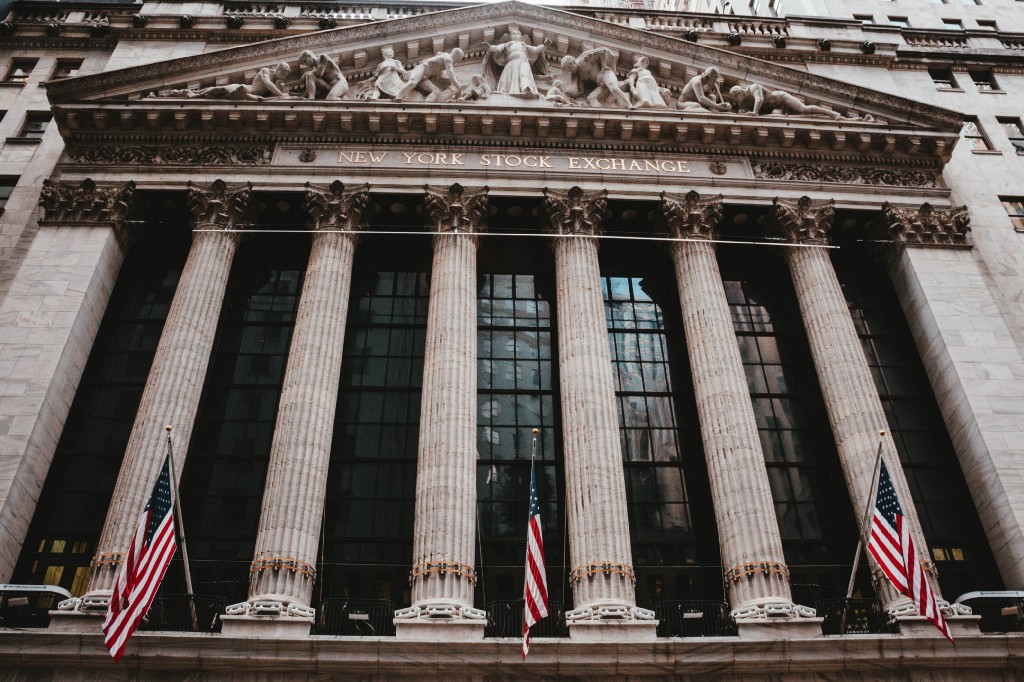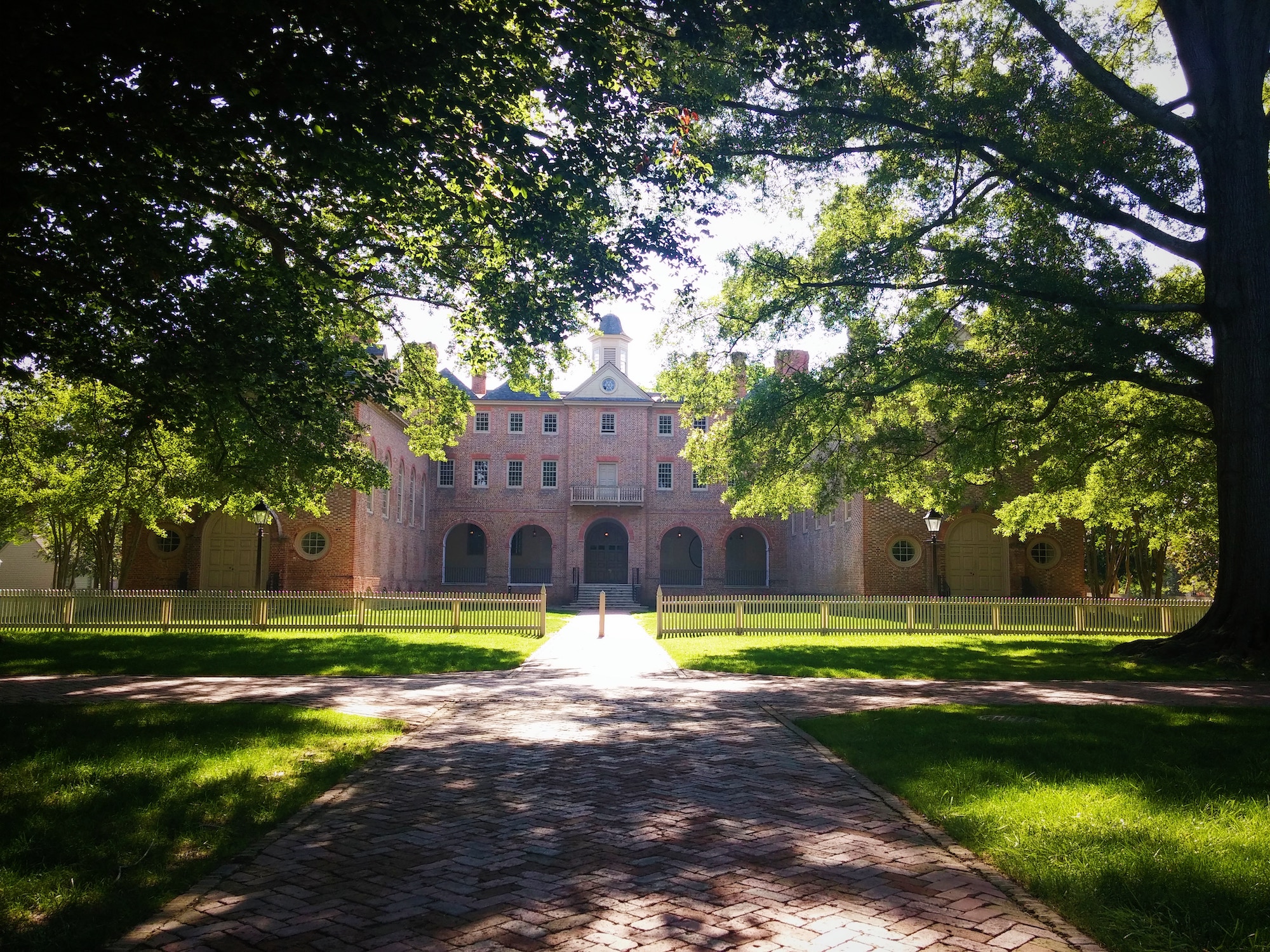Interviews
Gary Shteyngart Wants Finance Bros to Do Something Else with Their Lives
The author of ‘Lake Success’ goes on a road trip to understand Trump’s America

Gary Shteyngart's new novel was directly influenced by the dark storm brewing over American politics. Set during the 2016 election on the verge of Donald Trump’s presidency, Lake Success takes readers on a road trip across a divided America to understand how we got to where we are as a country today.

The anti-hero of the novel is a hedge fund manager in the throes of an existential crisis. Barry Cohen is a Queens-boy turned Wall Street-man who (like the majority of men in their forties) grew up thinking money solved everything. He finds himself on an odyssey into the heart of America via a Greyhound bus. Like Barry, Shteyngart went on a Greyhound road trip in June 2016 thinking Trump would never win.
I spoke with the author while he was on his book tour about writing a tragicomedy, why he hopes he can make at least one hedge fund manager quit their job, and the fallacy of what makes you successful in America.

Adam Vitcavage: A lot of novels published recently that speak to the times were written and sold prior to the 2016 election. When did you first come up with this idea?
Gary Shteyngart: I started a couple of years ago. The idea for the Greyhound trip was in 2016. When I started writing the book, I had no idea Trump was going to win. I had to change the book a bit because he was in the background of it. I had to change it a bit after I realized the thought of civilization collapsing.
AV: You set out on your own Greyhound tour. Why was it necessary for you to go through what Barry does?
GS: You know, I don’t have much of an imagination. I became like a journalist so I could experience it to write about it. It was fun — well, maybe fun isn’t the right word — to get on the Hound as they call it to see America that way. Heading to the West Coast and into the wilderness seems like a very American thing to do. The American Road Trip is one of the great genres of literature. [America] is such a big country, beautiful, and it lends itself to a trip like this that most countries don’t.
AV: After your trip, what do you find that most of America — the general population or the media — misinterprets about the non-coast? The wilderness?
GS: The important thing is that this is a country that is, first of all, absolutely beautiful. People forget because we’re entranced the idea of sitting by the shore and watching the waves collapse. The real beauty of the country the deserts and the foothills.
The people I met, with exceptions, were really striving. This is a hard-working country. We think people kill themselves on the coast because things are so expensive. People kill themselves in the middle just to survive. Everyone I met had plans and dreams. You hear Trump broadcasting we were a finished nation and we had to go back to some period to make ourselves whole again. The country was doing great. It was only around Mississippi and Louisiana that I ran into white supremacists who were spouting Breitbart stuff at me. They were yelling about crucifying Muslims and Jews, which is a similar thing that happens to Barry in the book.
If I can make someone quit their job in finance and realize they can do something else with their lives, that would be a win
AV: Your first three novels dealt with immigrant protagonists and this is your first American one. Why make him American this time around?
GS: The immigrant experience is still in the book. [His wife,] Seema is the daughter of immigrants. It’s not entirely gone because I think it is impossible to write about America without any immigrant experience. But it is the first book without the Russian Jewish immigrant experience, which is the big departure.
I feel like I had written enough of that. I needed a break. My last book was a memoir which I had written about myself to such an extent. I wanted to clear that away. It was wonderful to try something different. Barry is similar, but it is baby steps away from my normal characters. Normally, my characters are underdogs. Barry is not. Power is so concentrated in this country. I wanted to tackle that issue and see what that world was like.
AV: You grew up in New York in the eighties when Wall Street was everything. Was that world something you ever envisioned yourself living in?
GS: Sure, when I was growing up. The movie Wall Street was great when I first saw it. They don’t have to worry because they were rich and that appealed to me at the time. For a while, that’s what I wanted to do but then I went to Oberlin and of course, that wasn’t going to happen.
AV: I find the finance world so interesting. Everyone at one point probably thinks about living in that world because America has taught us to obsess over money, but I don’t really think anyone knows what a hedge fund manager really is. Do you know people in this world?
GS: Oh yeah, I spent three years hanging out with them. I met a couple who were very happy to let me in their lives and were very honest with what they thought of hedge funds. Some were critically so. Putting Barry together wasn’t very hard.
When I was a kid, I thought money could cure everything. I left the project thinking I never want to talk about money ever again. These lives are very circumscribed and boring in a way. You spend all day moving money around and screaming at you competitors then meeting them for a poker game betting them even more money.
Lake Success is about the tragicomedy of trying to change and never quite getting it right.
AV: With people like Barry who have a lot of money, it may be hard for the general public to sympathize with them. Was there ever a concern that readers might not agree or side with Barry?
GS: I never wanted readers to come away thinking they loved hedge funds. That was not the point. In fact, if I can make someone quit their job in finance and realize they can do something else with their lives, that would be a win. In the end, I don’t think people can finish the book and think this is what they want. He’s a mess. He was never loved the right way as a child. He never learned to love his own son the correct way. Without giving too much away, I do offer some chance of redemption. The book is about the tragicomedy of trying to change and never quite getting it right.
AV: Would you consider Barry an anti-hero in a way?
GS: I guess. I’m not against that term. I think he is somewhere in the middle. What he does is so awful, but the fact that he is not consciously malicious — well some of it is — but it’s mostly out of ignorance. He’s an ignorant character. I like characters who aren’t quite sure who they are themselves. I think there is a disconnect between who we think we are and who we really are.
AV: That idea of ignorance is exactly the state I think America is in right now.
GS: Yeah.
AV: I don’t think we know who we are.
GS: I agree 100% and I’ll add to that. All of these wealthy people, which is Barry in a nutshell, who have their ideas of poor people all have idiotic ideas. I went to a school that had a lot of lower-class students but had such ambition. A lot of people I met went to schools like that. People think I work so hard and that they came from nothing and anyone else can do the same. It’s not true. It’s just a fallacy.
The best thing we can do [in Trump’s America] is get off the internet and buy a book in an independent bookstore.
AV: Throughout my twenties, I realized that I spent a lot of time thinking the world owed me something just because I simply existed. So many people I know struggle with that identity crisis.
GS: I think your generation believes more of that. The identity of the country is up for grabs like never before. Especially in such a negative way. I think there are going to be more financial crises. People like Trump abet that. They create their environment to benefit off of that. People like Barry were able to make money because their world was lightly regulated. We were in an environment where greedy and not terribly bright people to succeed. And that’s what happened.
AV: I know this isn’t about the current presidency and it is strictly Barry’s story and that the 2016 election only changed the course of his story. Outside of the book, how much has this presidency consumed your time? Are you reading Twitter every hour or try to push everything aside?
GS: I try to do both. It’s very important to remember we have lives and families. He wants to push into everything and control everything. He’s very totalitarian in that way. That’s absolutely terrible. We need to fight back in some ways. I think fiction allows us to create a personal space. The best thing we can do is get off the internet and buy a book in an independent bookstore. We need to get away from this environment built by Trump.









